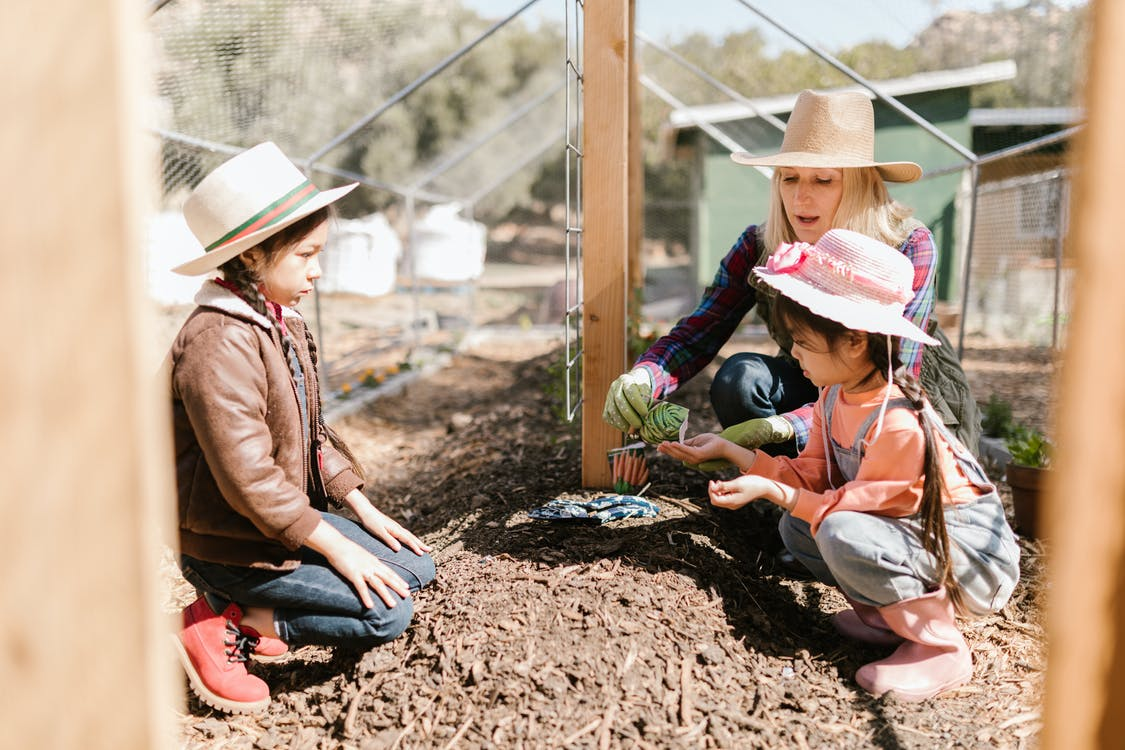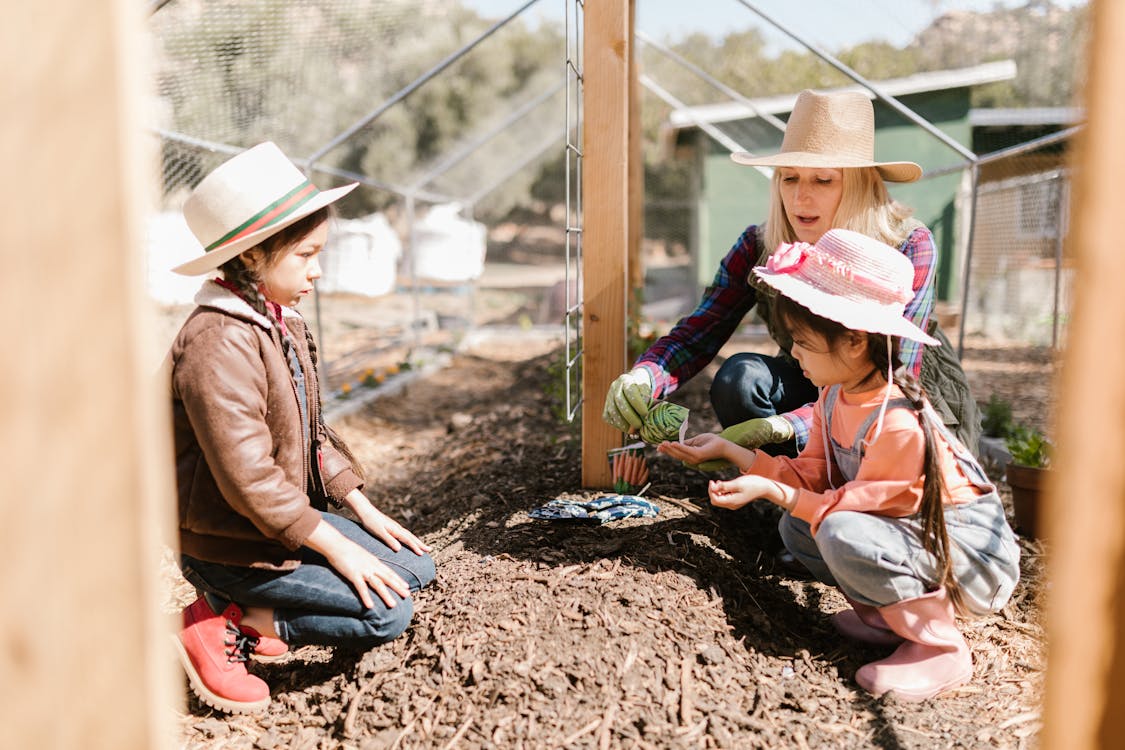#Benefits of Field Trips for Children in Kindergarten

Table of Contents
Benefits of Field Trips for Children in Kindergarten

Everybody loves field trips as they are so much fun. But besides being fun, field trips are so much more. They bring along a myriad of benefits for children of all ages. We all know that children learn best through fun and play, so field trips are an excellent way to do just that. Children can expand their knowledge in so many ways, and the best part is that knowledge obtained in that way is memorable. Children take what they learn on field trips to everyday life and use what they’ve learned for years to come. Learning in such a practical, hands-on way is quite insightful. Children don’t even have to try really hard to remember things – they simply remember them, without too much effort.
One of the greatest benefits children get from participating in kindergarten field trips is real-world learning. Nothing can replace such learning. What’s more, children also tend to grow socially and emotionally by taking field trips. Children are also more deeply engaged in learning when it’s fun and hands-on. Moreover, kids also start developing their critical thinking skills and field trips promote future academic success.
1. Real-world learning
Real-world or experiential learning is much more powerful than learning in the classroom. It is one of the best tools educators can use to prepare children for real life. Children are active learners and they learn from everything around them, consciously or subconsciously. They have an innate drive for learning and they constantly make connections. That’s why field trips present the best way for learning outside the typical classroom setting. When it comes to children of different ages, diverse things are suitable for them.
For instance, when it comes to preschool, it’s best to take kids to places such as parks, zoos, farms or botanical gardens. Filed trips involve so much more than just the trip itself. There are some activities children attending child care centres should engage in before the trip. Educators should focus on talking with children about the things they are going to see, their importance and other relevant matters.
2. Socio-emotional growth
Besides getting real-world knowledge and practical experience, children also grow socially and emotionally. That is also an equally important aspect of children’s development. Children who actively participate in field trips become more tolerant and emphatic. Moreover, they also enhance their critical thinking skills. For example, involving children in artistic experiences enables them to look at things from a different perspective. On field trips, children also learn how to engage with their peers, make connections and explore new environments. What’s more, children collaborate with their peers, develop trust and solve different problems. Overall, field trips are a great tool for enhancing socio-emotional development.
3. Deepened engagement
As learning is not only about memorizing facts and retaining information, engagement with such data s often lost, unfortunately. What happens is that teachers can try to teach kids and make them memorize things, using different methods. There are traditional methods, which employ using books only and there are newer, more interactive ways to share knowledge. To make kids want to memorize things, they need to be able to grasp their importance. When kids understand why something is important, they are more likely to remember things. And remembering things in that way implies longevity. Irrelevant knowledge is lost so much faster. It’s hard for kids to understand some concepts as well as their importance by learning merely from books. That’s why learning outside the classroom has so many benefits at different levels. Children can engage with different topics and materials up close and that’s what makes them relevant.
4. Enhanced critical thinking
Another great benefit of kids going on field trips includes enhanced critical thinking. Trips challenge children to think outside the box. The things children observe on field trips, make them think critically. For example, a field trip to a museum can spark thoughts and ideas. Educators should teach children to observe the world around them – it’s an essential aspect on the way of developing critical thinking. Be sure that wherever the active and imaginative play is encouraged, children are bound to exercise their minds. They will also develop problem-solving skills and learn to think critically about what they see and hear.
5. Academic growth
According to some studies, field trips can increase test scores in school. Such a conclusion stems from the fact that hands-on learning is more memorable, as we already mentioned. If you think about yourself and the field trips you took, you’ll see that they are still some of the clearest memories you have. Not only that, but children can engage with content in various ways. Concepts can be presented through diverse media and through different modalities. This is a great way to make progress for children who have difficulties learning in traditional methods. This approach allows them to learn more holistically as they can access the content better. This kind of trip can serve as a great touchpoint for a whole unit. The multisensory learning experience can bring lessons to life. It also has the ability to create enthusiasm for not-so-popular topics or things that are hard to explain.
6. Considerations for planning a successful field trip
When it comes to planning a successful field trip, educators should have in mind a few important aspects.
Observe the surroundings for interesting trips
Every village, town, city or region has its own special facilities and features you can use as a base for a field trip. It would be good to visit the place beforehand, ask questions and seek suggestions.
Pay attention to the field trip protocol
Educators should review their institution’s policies on taking field trips. They should act according to those rules and regulations. There are usually forms to fill, along with the objectives.
Moreover, educators can also involve children in preparation as well as make sure that the trip is relevant to classroom instructions. Also, technology should be incorporated and all senses engaged. After the trip, there should be a follow-up.
As you can see, the benefits of children of all ages taking field trips are numerous. Educators should try to organise more of them, and parents let their children participate actively.
by Jess Cooper
If you liked the article, do not forget to share it with your friends. Follow us on Google News too, click on the star and choose us from your favorites.
For forums sites go to Forum.BuradaBiliyorum.Com
If you want to read more News articles, you can visit our General category.



